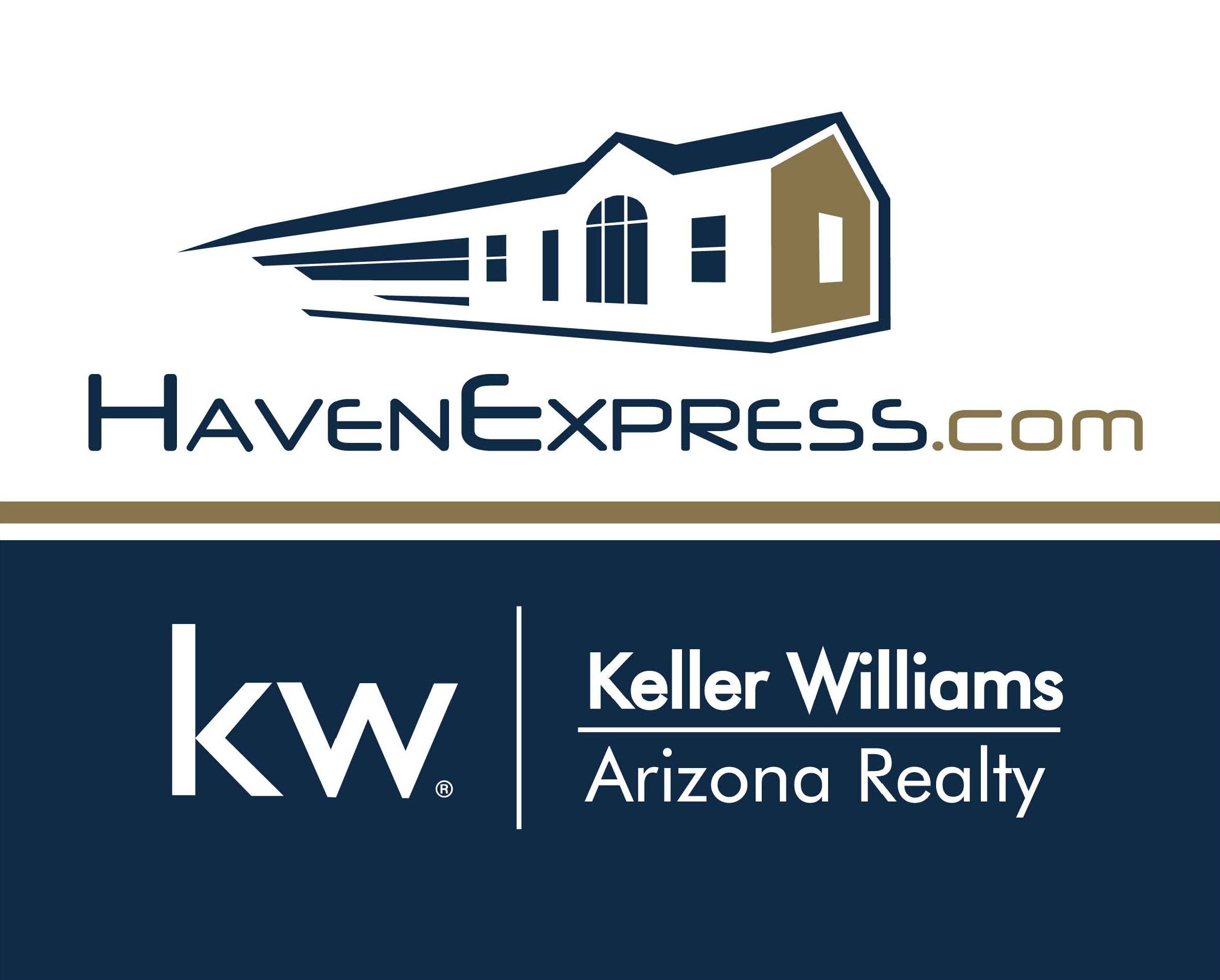Closing Cost Explained
Here is an overview of the types of closing costs you may incur on your loan. Some are one-time fees, while others reoccur over the life of the loan. When you apply for your loan, you will receive a Good Faith Estimate of Settlement Charges, and a booklet that will explain these costs in detail.
Loan Origination Fee: This fee covers the lender's administrative costs in processing the loan. It is a one-time fee, often expressed as a percentage of the loan. The origination fee is typically 1% of the loan, but remember, you can obtain a loan with no origination fee and a slightly higher interest rate.
 Loan Discount: Often called "points", a loan discount is a one-time charge used to adjust the yield on the loan to what market conditions demand. One point is equal to 1% of the loan amount. This fee is rare when interest rates are low.
Loan Discount: Often called "points", a loan discount is a one-time charge used to adjust the yield on the loan to what market conditions demand. One point is equal to 1% of the loan amount. This fee is rare when interest rates are low.
Appraisal Fee: This is a one-time fee that pays for an appraisal, which is a statement of property value viewed by the lender. The appraisal is made by an independent fee appraiser and can cost a standard $300 to $450, or much more, depending on the home's size and location.
Credit Report Fee: This one-time fee covers the cost of the credit report that is run by an independent credit reporting agency and is usually about $60-$75.
Title Insurance Fee: There are two title policies: a Loan Policy (which protects the lender against loss due to defects on title) and an Owner's Policy (which protects you). The Loan Policy is calculated based on the loan amount. For example - a loan policy of $100,000 will cost about $450 when done concurrently with an Owner's Policy. The Seller typically pays for the Owner's Policy.
Escrow Fee: The Title & Escrow company charge an escrow fee that is generally split between the Buyer and the Seller. For a $100,000 sales price this would be approximately $530 total - split 50/50 between Buyer and Seller - so about $265 expense for the Buyer.
Miscellaneous Title Charges: The title company may charge fees for a title search, title examination, document preparation, notary fees, recording fees, and a settlement or closing fee. These are all one-time charges and can add up to about $200.
Document Prep Fee: There may be a separate, one-time fee that covers preparation of the final legal papers, including the note and deed of trust. These legal documents run about $150.
Lender Fees: Other lender fees - also known as Endorsements - may include an underwriting fee, a flood certification fee, an amortization schedule fee, and other miscellaneous fees that should be disclosed by your mortgage lender at loan application. These fees vary and typically cost around $75 each.
Prepaid Interest: Depending on the time of month your loan closes, this charge may vary from a full month's interest to just a few days' interest. If your loan closes at the beginning of the month, you will probably have to pay the maximum amount. If your loan closes at the end of the month, you will only have to pay a few days' interest.
PMI (Private Mortgage Insurance) Premium: Depending on the amount of your down payment, you may have to pay an up-front fee for mortgage insurance (which protects the lender against loss due to foreclosure). You may also be required to put a certain amount into a special reserve account (an impound account) held by the lender for PMI.
Beginning of the Escrow Account: Your lender will typically have an account where your property taxes and property insurance will be held. This account will be started with taxes approximately equal to two months in excess of the number of months that have elapsed this year. (If 6 months have passed, they will collect 8 months of taxes.) Your property insurance will be collected one year in advance, plus two months will be kept in your escrow account.
Earnest Money Deposit: It is important to have an understanding of the earnest money deposit, so you will not be placed in an uncomfortable position when you purchase a property. At the time a written offer is initiated, you will be required by the seller to include a personal check, cashier's check, or cash. The amount is normally deposited (cashed) into the designated title company's escrow account upon the offer's acceptance, and will remain in escrow until the time of closing. This amount is credited to you as a partial down payment and represents your intent to purchase the property. If the offer is not accepted, this amount is returned to you promptly. Depending on the price of the property, you should anticipate a minimum of a $1,000 earnest money deposit or 1% of the Purchase Price - whichever is higher. Also, in the event that you do not qualify with a lender for a new loan, the earnest money is refunded to you, provided the sellers are given written notice regarding the lender's disapproval, and provided you have supplied the lender with all documentation they have requested.
Title Insurance: When you purchase your home, both you and the lender need a preliminary title commitment that will indicate exactly what recorded liens, encumbrances and recorded easements are currently in effect on the property. The title commitment will also indicate the vested owner of record and any restrictions on the use of the property. Title insurance is, for all practical purposes, required on all property in most states and is normally a seller's expense. However, the buyer is required to furnish the lender with a lender's policy showing the lender as lien holder on that property. These charges will be incurred at the time of settlement as a part of your closing costs. When the purchase of the property is closed, and the title company has recorded the necessary documents, the title company will then issue a title insurance policy binder to you and the lender, showing clear title to the property.
Reminder: For the closing, you must bring a driver's license to the signing and send a Wire Transfer to Title & Escrow for the remainder of your down payment.

